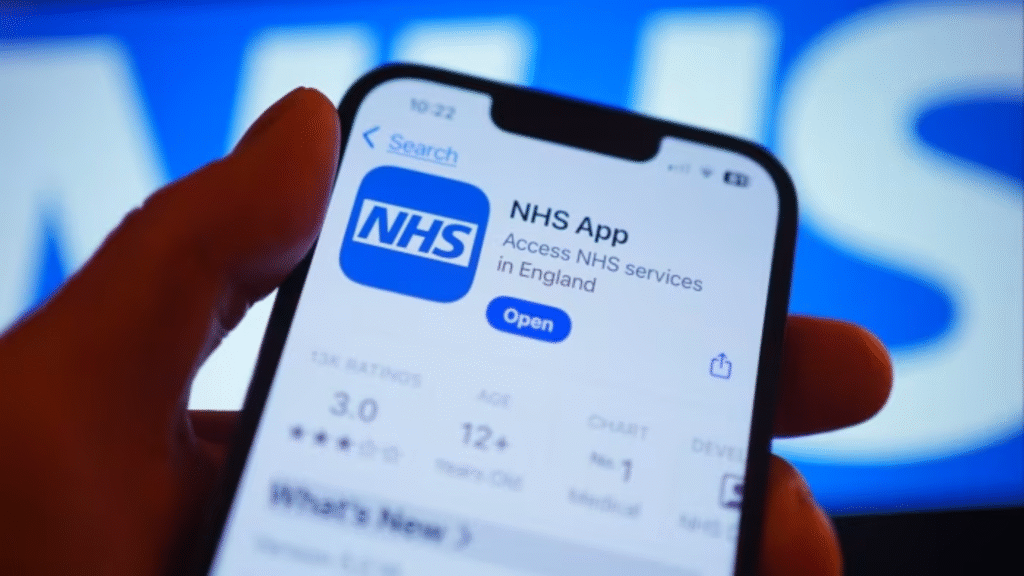
£30 Billion Overhaul Set to Transform NHS with Community Focus and Digital Expansion
UK Government announces decade-long plan to reshape healthcare through local centers, AI integration, and equity-based access
The UK government has unveiled a £30 billion reform plan for the National Health Service (NHS), outlining an ambitious 10-year strategy that shifts the foundation of British healthcare from hospital-based treatment to a more decentralized, community-driven system. The plan includes the rollout of hundreds of neighborhood health centers, digital infrastructure upgrades, and targeted investments to address regional health disparities.
The announcement, led by Prime Minister Keir Starmer and Health Secretary Wes Streeting, signals a structural reset for one of the world’s largest public health systems.
Community Health Centers at the Core
A key component of the plan is the creation of up to 300 new neighborhood health centers across England. These facilities will serve as comprehensive hubs for primary care, diagnostics, physiotherapy, mental health services, and minor treatments — all delivered closer to patients’ homes.
The goal is to reduce pressure on overburdened hospitals by enabling earlier interventions and long-term monitoring of chronic conditions. According to the Department of Health and Social Care, the expansion is meant to “end the 8am scramble for GP appointments” and provide access to in-person or virtual consultations six days a week.
Prime Minister Starmer said during the official announcement, “We are not just investing in buildings, but in accessibility and trust. These centers will be the backbone of a fairer NHS.”
NHS App to Evolve into a Central Care Gateway
Alongside bricks-and-mortar investments, the NHS’s digital infrastructure is set for a significant upgrade. The NHS App — already in use by over 33 million citizens — will be expanded to support full-service functionality. Patients will be able to schedule appointments, access test results, track referrals, and communicate with care teams from a single portal.

The app will also introduce real-time health insights powered by AI algorithms. These features are intended to alert GPs to urgent trends such as sudden changes in patient vitals or flagged symptoms, helping clinicians prioritize care more efficiently.
The initiative aligns with the NHS Long Term Plan, which emphasized the role of technology in delivering more personalized, proactive care.
Artificial Intelligence to Support Diagnostics and Safety
As part of the modernization effort, the government has confirmed the adoption of AI-powered tools across primary and secondary care. These systems will assist with radiology reviews, triage, and prescribing decisions, while also automating administrative workflows.
AI is also being integrated into safety alert systems to reduce medical errors, improve medication tracking, and notify practitioners about early signs of patient deterioration. According to NHS England, these innovations aim to free up clinician time and improve health outcomes without compromising safety.
AI integration is also a response to workforce shortages across the sector, enabling clinicians to manage higher caseloads with greater precision.
Targeted Support for Underserved Regions
A notable departure from previous NHS funding models is the geographically weighted investment. Under the new framework, communities with the poorest health outcomes — particularly in post-industrial and rural areas — will receive enhanced funding allocations.
This approach directly addresses disparities long noted by the Office for Health Improvement and Disparities (OHID). According to recent OHID data, people in the most deprived areas of England live nearly 10 years fewer in good health than those in wealthier regions.
To bridge that gap, resources will be deployed for community-led public health programs, early screening services, and obesity support centers. Streeting stated that the mission is to make “access to care based on need — not postcode.”
Workforce Development and Preventive Care Expansion
The 10-year vision also includes significant reforms to the NHS workforce. Recruitment and retention of British doctors and nurses will be prioritized through training incentives and career development tracks. This move comes amid political pressure to reduce the system’s reliance on overseas healthcare staff.
In addition, the plan outlines an expansion of preventive care programs, particularly around lifestyle-related conditions such as obesity, heart disease, and mental health. This includes wider availability of NHS-backed weight management treatments, smoking cessation support, and proactive screenings.
These efforts are expected to ease long-term strain on emergency and inpatient services while enhancing quality of life for patients.

